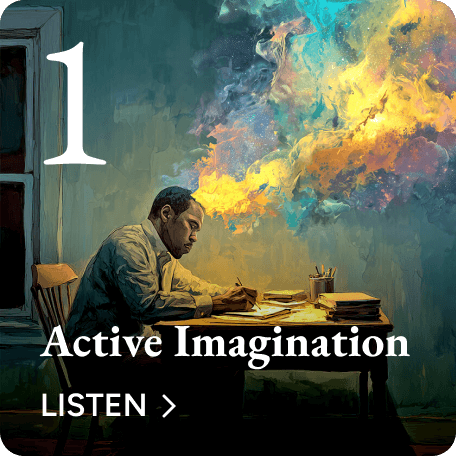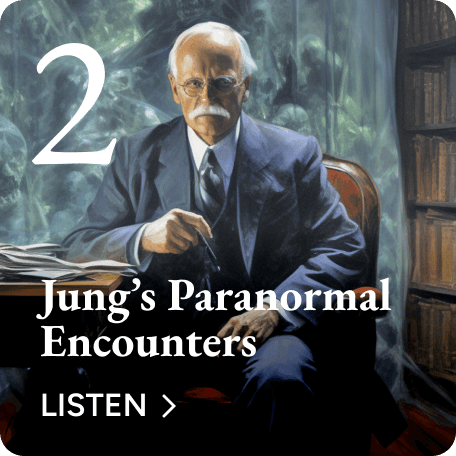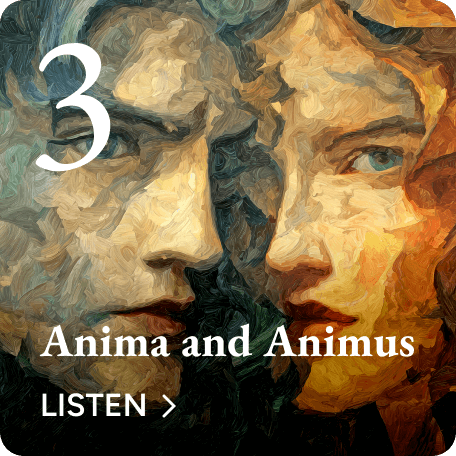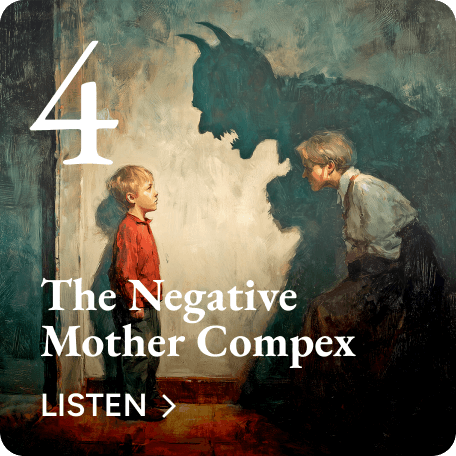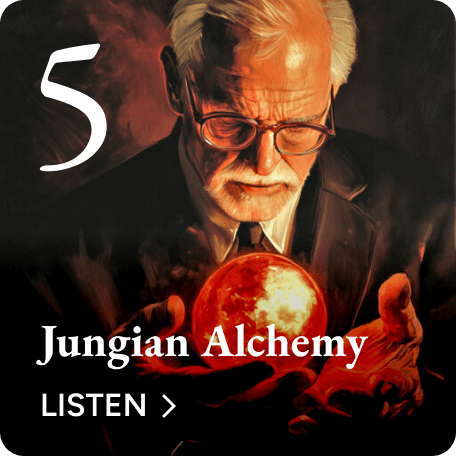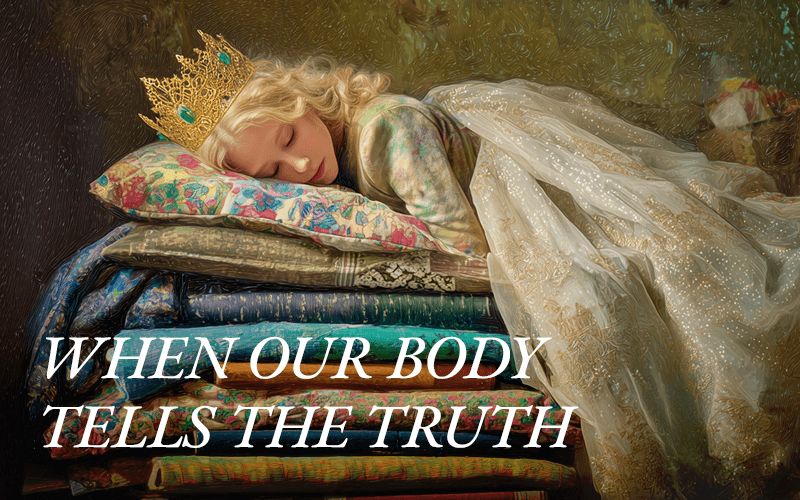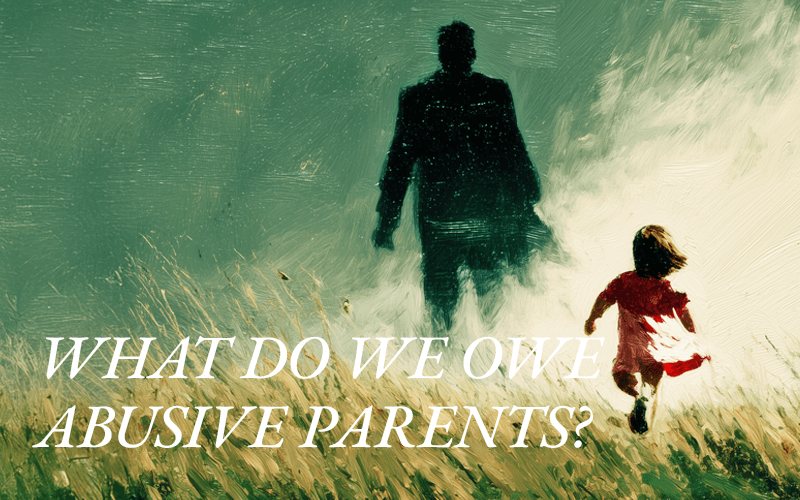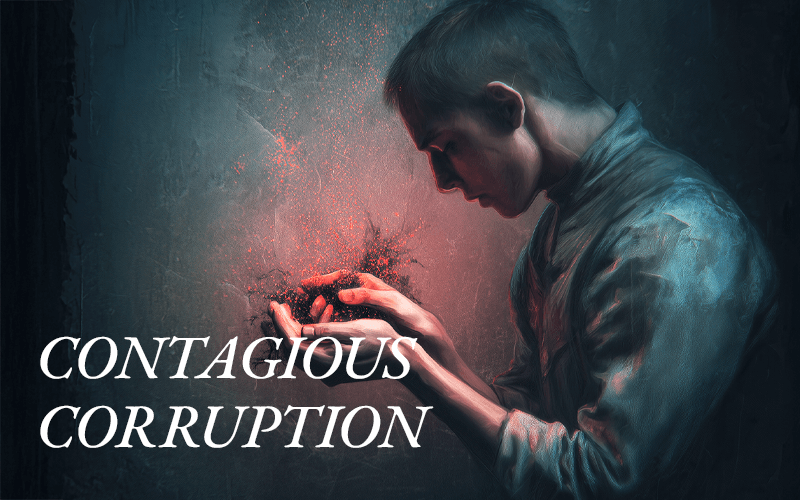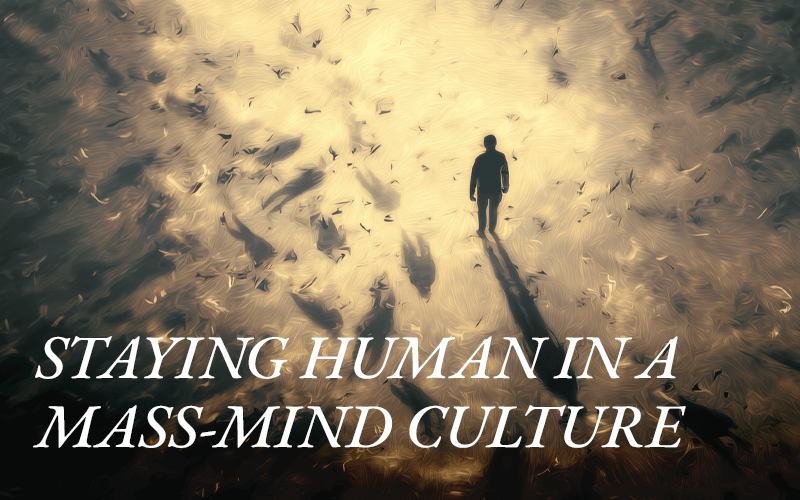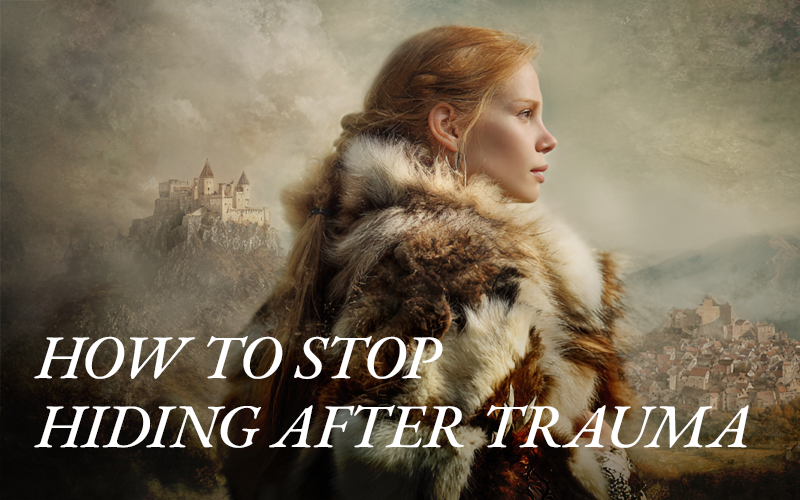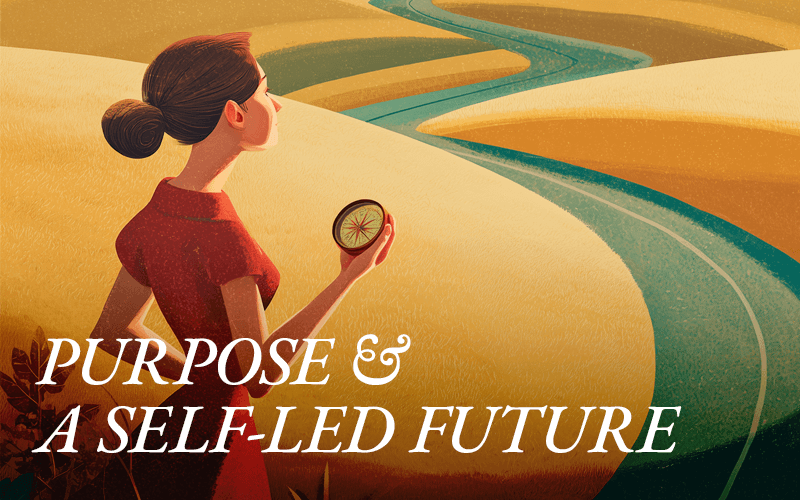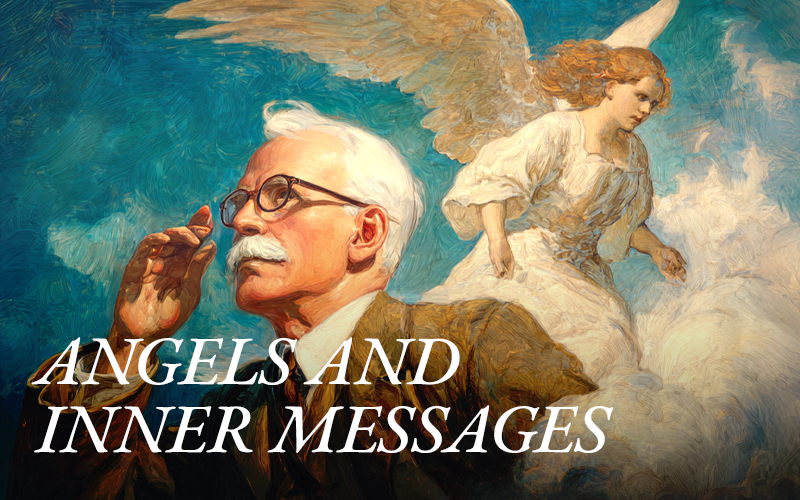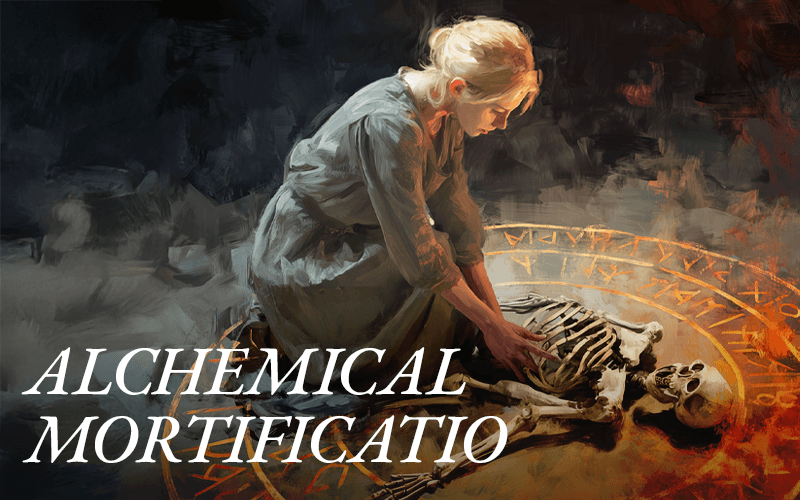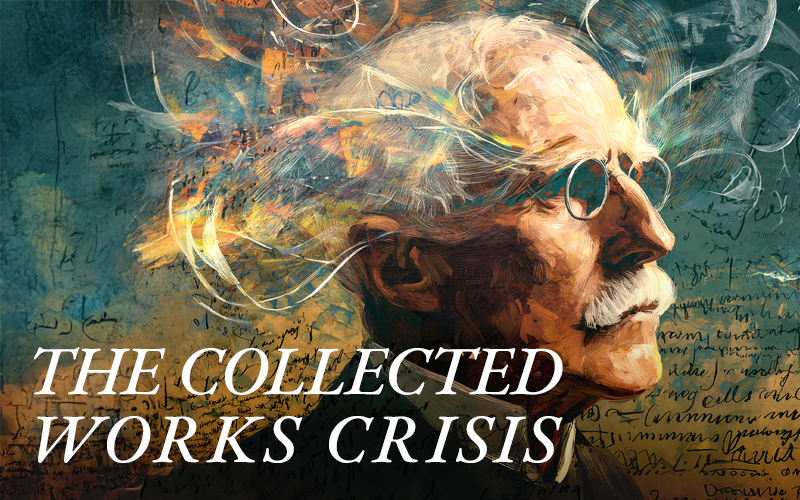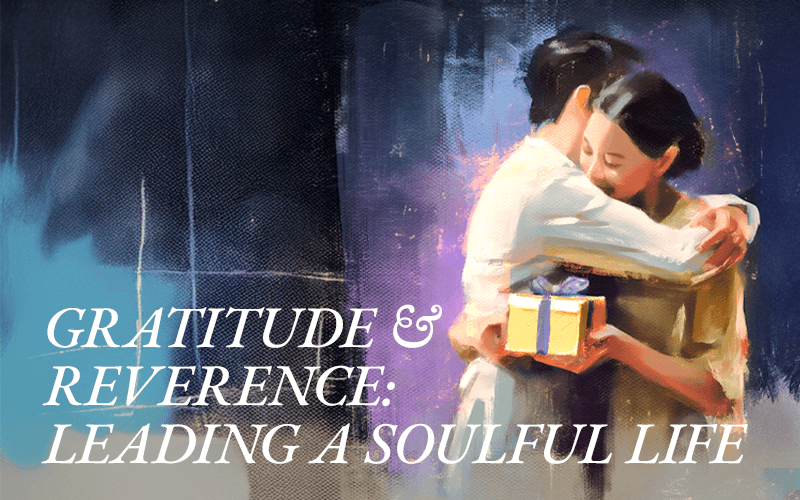Over 25 Million Downloads
Our Podcast
Eavesdrop on Lisa, Deb, and Joseph as they engage in lively, sometimes irreverent conversations about a wide range of topics and dream analysis through the lens of depth psychology provided by Carl Jung.
Over 25 Million Downloads
Our Podcast
Upcoming Price Increase
Thinking about joining Dream School?
The price of joining This Jungian Life Dream School will be increasing by around ten percent on March 1st, reflecting rising costs and the continued depth of what we offer inside the program. If you’ve been thinking about joining, this is a good moment to come on board at the current rate before the increase takes effect.
The Princess and the Pea Lesson: How to Spot Authenticity Under All the Layers
VIDEO AUDIO Jungian...
What Do I Owe My Hurtful Parents?
VIDEO AUDIO In the aftermath of the...
Contagious Corruption
VIDEO AUDIO In this episode,...
How Did I Become a Statistic? Jung’s Essay, The Undiscovered Self
Jung wrote “The Undiscovered Self” in 1957, opening with “What will the future bring?”, as the Cold War, the Iron Curtain, and nuclear weapons gained enough momentum to threaten survival.
The Allerleirauh Fairy Tale: When a Mother’s Legacy Becomes a Trauma
VIDEO AUDIO If you have been...
Purpose as Service to a Self-led Future
Purpose is a disciplined relationship with the future that is accountable to the Self, to our values, and to the consequences of our actions. We can strengthen Purpose through aligned actions that we can engage daily. We can clarify our Purpose by tracking what enlivens us and what depletes us. We can refine it by pondering, “What am I serving?” We can protect it by avoiding institutions that demand alignment with values that require obedience, secrecy, or contempt for dissent. We can deepen it by interpreting our dreams and resting in threshold states until we can glimpse a future worth living into. We stay realistic by allowing feedback to revise our plans without collapsing. We tend it relationally by considering how our Purpose affects the people we love and the communities we inhabit. We resist inflation by recalling that Purpose advances through small contributions rather than grand gestures. We stabilize it by understanding our Purpose appears differently over our lifetimes while maintaining its core. We end up with a Purpose that informs work, love, and loss, and that returns us, again and again, to a life that feels aligned with the Self.
Angels, Dreams, and Premonitions: How to Use Inner Messages Without Losing Yourself
Jung’s symbolic attitude helps us understand Angels as symbols that carry messages, offer mediation, and demonstrate contact. They cross a boundary the ego cannot tolerate. Jung tells us that angels symbolize transmissions; he said that if angels “are anything at all,” they are “personified transmitters of unconscious contents.”
Santa and Krampus: Why the “Nice List” Needs a Shadow
Santa Claus occupies a shared cultural role where consumer culture, family ritual, and childhood imagination intersect. In the current zeitgeist, he appears as a brand mascot, a mall employee, a streaming character, a meme template, and a seasonal workplace gaff. Many households treat Santa as an emblem to justify gift-exchange rules and attendance at holiday events. The “nice list” acts as a behavioral scoreboard that parents can deploy to maintain obedience with their kids, schools can echo the borrowed authority, and advertisers can amplify the promise of glorious rewards. Digital culture extends the influence of the myth through automated Santa trackers, package monitoring, and social feeds that stage evidence of Santa in real time. Santa also functions as a role model for adult generosity, charitable donations, toy drives, and anonymous giving. Contemporary debates cluster around parents propagating the myth with their children, equity in gift giving to keep status and power dynamics level, and the intrusion of capitalism and consumerism into a religious observance. The figure acts as a cultural symbol that combines desire, propriety, and communal ritual during the darkest weeks of the year.
Alchemical Mortificatio: How to Survive the Wintering of Your Life
Mortificatio is an alchemical term for the moments when your life-organizing identity collapses. We call it burnout, divorce devastation, depression, retirement shock, institutional betrayal, or a life-changing diagnosis. The alchemists called it death because the chemical content they were tracking suddenly became inert. Jung adopted the symbolic language because it perfectly captured a stage of psychological transformation that might lead to despair but placing it in a universal sequence provides confidence that this will eventually pass and new life will emerge.
How to Work with Denial: A Jungian Guide to Facing Reality
Denial, repression, and dissociation reflect different ways we manage what we know and feel. In denial, we face a fact that is too uncomfortable to accept and we reject it, insisting it is not true despite the evidence. In repression, we once recognized a wish, thought, or event, and then it moved outside conscious awareness while retaining symbolic form. In dissociation, awareness divides into compartments with weak links between them. Memories, affects, perceptions, and self-states can function in semi-independent ways, with only partial mutual access. In clinical work, these distinctions matter. Repressed material often returns as thoughts, images, or narratives that feel displaced, intrusive, or out of character. What we deny discharges its intensity through behavior, bodily symptoms, and slips of language. Dissociation can be observed in sudden mood shifts, shifts in viewpoints, or changes in the sense of identity. Contemporary relational theorists emphasize that some defensive operations maintain experience in an “unformulated” state; it has not yet been shaped into symbolized meaning. When we track which of these mechanisms predominates, we get a sharper map of how a person has coped and where integration work can begin.
Have We Ever Really Read Jung? A New Edition of the Collected Works.
Jung's Collected Works are...
Gratitude and Reverence: How to Lead a Sacred, Soulful Life
Gratitude tells you something about the relationship between everyday consciousness and a deeper organizing center that Jung called the Self. The “ego” is your ordinary sense of “I” the part that plans, worries, takes credit, and feels blamed. The Self refers to a larger pattern in Psyche that includes unconscious processes, symbolic images, and the sense that your life has a trajectory. Gratitude appears when the ego realizes it is not the only author of its life. You see that many good things came through other people, through chance, through events you never could have engineered. That realization softens rigid self-importance and opens space for symbolic meaning. From that attitude a benefactor may feel like an ancestor, a teacher like a carrier of a tradition, a turning point like “fate” taking an interest.
